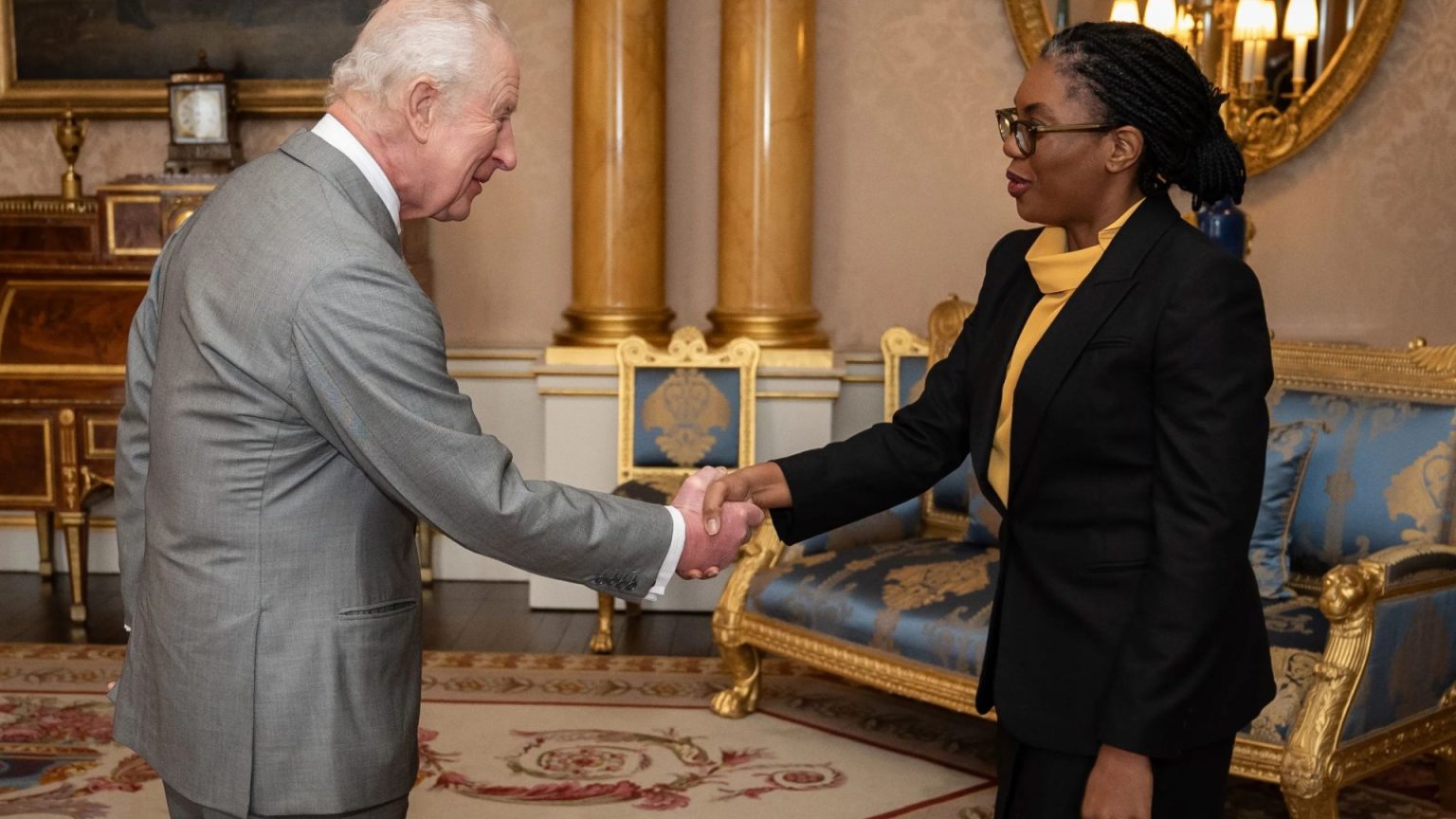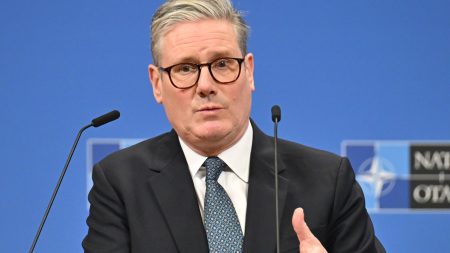The revival of a dormant royal convention took center stage yesterday as King Charles III granted an audience to Kemi Badenoch, leader of His Majesty’s Loyal Opposition. This 30-minute meeting at Buckingham Palace marked a significant return to a practice last observed in 2006, when then-opposition leader David Cameron met with Queen Elizabeth II. The reason for the convention’s lapse during the subsequent years of Labour’s opposition remains unclear, but a royal source indicated a desire to reinstate this courtesy under the new monarch. The meeting underscores the King’s commitment to engaging with key political figures across the spectrum, beyond his established weekly audiences with the Prime Minister.
This renewed interaction between the monarch and the opposition leader carries symbolic weight, reaffirming the importance of a robust and representative democracy. While the specific content of their discussion remains undisclosed, the meeting itself serves as a platform for open communication and a demonstration of respect for the roles both figures play within the constitutional framework. The revival of this tradition suggests a potential shift in the dynamics between the monarchy and the opposition, possibly fostering a more direct line of communication and mutual understanding.
The timing of this audience coincides with a period of political turbulence, marked by the rise of Reform UK as a potential challenger to established parties. Badenoch, during a recent visit to Cheshire, downplayed Reform UK’s surge in popularity, characterizing them as a “protest party” and emphasizing her focus on policy matters like family farm taxation. This statement comes on the heels of Nigel Farage, leader of Reform UK, holding a rally in Badenoch’s constituency, signaling a direct challenge to her political standing and highlighting the growing pressure on the Conservative Party.
Farage’s rally in North West Essex, marking the fifth anniversary of Brexit, served as a platform to assert Reform UK’s growing influence and to warn the Conservatives of their potential electoral vulnerability. Recent polls place Reform UK in second place, just one point ahead of the Conservatives and two points behind Labour, a significant shift in the political landscape. This rising support for Reform UK adds another layer of complexity to the backdrop of Badenoch’s meeting with the King, underscoring the challenges facing the traditional political establishment.
The juxtaposition of Badenoch’s royal audience with the escalating political pressures exemplifies the intricate interplay between tradition and contemporary political realities. While the meeting with the King evokes a sense of continuity and established protocol, the rising tide of support for Reform UK represents a disruptive force within the political landscape. Badenoch’s dismissal of Reform UK as a mere “protest party” reflects her attempt to navigate this complex terrain and maintain focus on her policy agenda.
In this context, the reinstated convention of the monarch meeting with the opposition leader takes on added significance. It serves not only as a symbolic gesture but also as a potential channel for dialogue and understanding during a period of political flux. As the political landscape continues to evolve, the revival of this tradition could play a vital role in maintaining stability and fostering communication between the different spheres of power within the British political system.











